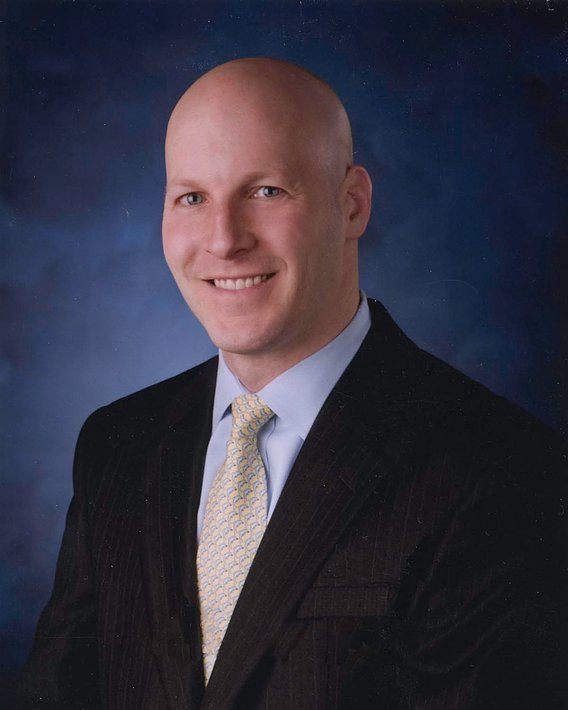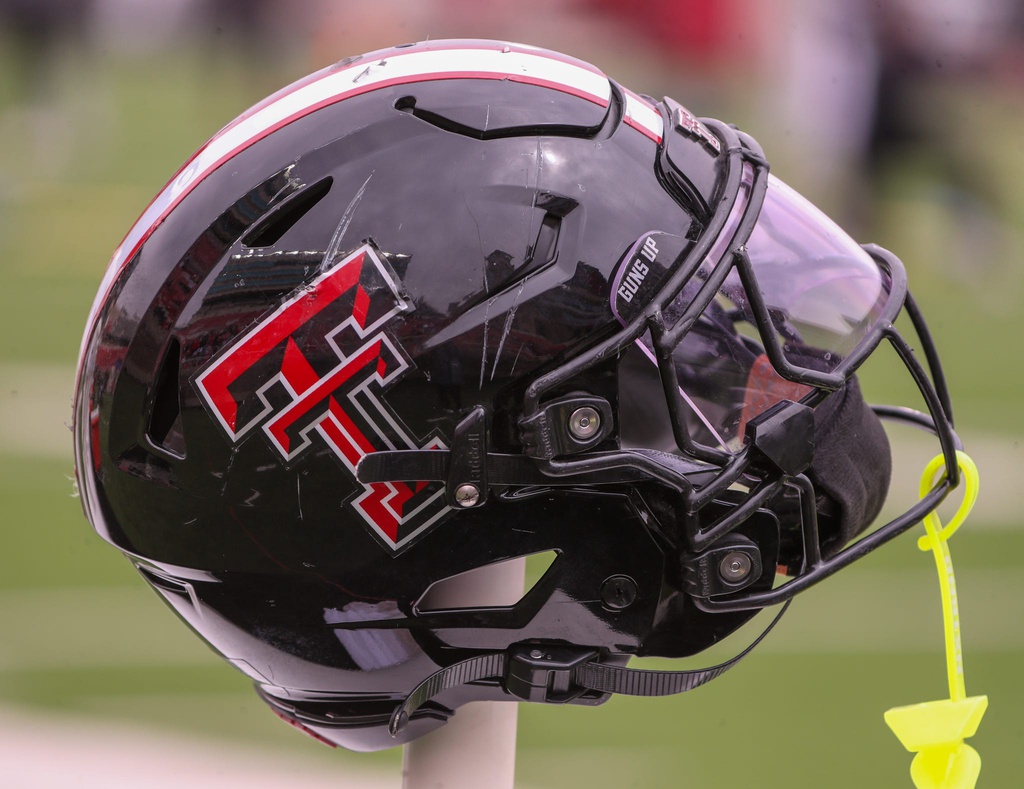By: Travis Smith, @travis_d_smith

Front Office Sports is proud to have sat down with Jeffrey Kotalik, the Sports and Entertainment Group Director and Financial Advisor at Morgan Stanley. In this role, Jeff helps clients make smart choices about how they save, spend, invest, borrow, protect and give. Aside from the day-to-day grind of being a Financial Advisor, Kotalik is an NFLPA Registered Player Financial Advisor and also educates student-athletes on financial planning. He was gracious enough to offer insight into what the day-to-day life of an advisor is like and some tips for aspiring financial professionals!
Many of our followers are still in school and looking at finding work in professional sports. Did you always plan on focusing your career services towards athletes, entertainers and others in the sports and entertainment industry? At what point did you decide to focus on these industries and why?
I always planned to go into the sports driven world; I always wanted to go into the sports business of some kind. Being a financial advisor was not what I set out to do in my life as I had planned to law school. Ultimately I was totally burned out of the law school curriculum that I had gone through in college and chose the financial advisory business. Early in my career, I of course wanted to work with professional athletes, agents, managers, but I didn’t know anyone; I was a 22 year old kid coming out of school with no network or connections in the world of sports. I had a strong sports background, but educationally my degree was in political science so I built a financial advisory practice based on the normal everyday clients & high net worth clients.
At some point along the way my practice was successful enough that I could fully develop my relationships in the sports and entertainment community. So it came over time; I always wanted to do it, but over time I was able to do it because of the success of the rest of my business and the strength of my business partners.
Can you talk about the day-to-day responsibilities in your job? Maybe just speak on what a typical day is like as well as when your busiest times of the year are and why.
The day-to-day operations are not very exciting. I come in everyday and my staff has prepared whatever information I need for the day as to what is going in with the markets. At the end of the day we are managing money for our clients, whether that client is a professional athlete or a CEO of a major corporation. We are managing money on their behalf so the important thing we do in the morning is make sure our client’s plan is intact and that we’re informing our clients, educating our clients and continually updating the plans we have for their wealth management. A lot of time is spent on the phone.
Clients used to visit often and you’d see clients on a regular basis in your office. That whole arrangement with client interaction has changed a lot. Now there’s a lot of emailing and phone calls. There are other ways to be maintaining and cultivating relationships with your clients and prospective clients, rather than being in front of each other at all times.
My entire day is working with clients or their advisors all day on the phone. That is my typical day. I very rarely leave my office for lunch. I’ve been doing this for 17 years and I was taught that the grind was the grind; you come in and work your butt off all day long and I eat my lunch at my desk. I think that’s rare these days because I don’t think people are taught how to work hard. I think one of the keys to success, in any business, is to put your head down and grind through it. Building and creating new relationships is an important aspect of a successful practice.
We are always in business mode — each day brings new challenges and new puzzle pieces, but there are definitely two times during the year that are more busy; year-end & tax time. December is a very busy time as clients are making donations to charities before the year ends. We’ll be working with CPA’s, clients and business managers to make sure everyone has made their appropriate charitable donations before December 31. That is a very important piece and a very busy time of the year for us. Another important time of the year for us is tax time. February, March and early April we are being requested by our clients to get 1099’s to their CPA’s and tax preparers.
Can you talk about the competition amongst other financial advisors as it relates to the sports and entertainment world?
I think there is a big misunderstanding in my industry about the sports and entertainment world. You know, we hear all about these athletes and entertainers. The implication is that these people are the greatest client center in the history of the world and that many would cut off their left arm just to do business with these people. The perception is that being an advisor in the sports and entertainment world is extremely desirable and extremely lucrative.
Let me be very clear, my job is not to be on the red carpet or in front of the camera — that’s not my job. My job is to be in an office with my head down, working for my client. Most advisors don’t understand that working with this community of clients is a labor of love. Athletes and entertainers have unique needs and unique challenges that the much of the wealth management community doesn’t have.
Competition is fierce. We are always looking for more clients, wealthier clients, more responsible clients. The reality is that the best client relationships come through referrals and they come through other relationships. It is on us to then develop those relationships and open up the package and try and give the best advice we can with the information we are given.
What should our followers be doing now in school or as young professionals if they would like to become a financial advisor to professional athletes?
There is no right answer as to what degree someone should get; one can have many different degrees. If you can’t communicate you will not be able to be successful cultivating relationships or maintaining a business. The thing you have to be prepared to do is put your head down and work. When I first got into the business we were working 12 hours a day, every day, you’d come in on Saturdays and Sundays and you’d be working 100 hour weeks. But just because you are in the office doesn’t mean you are working.
People don’t seem to understand that. Just because you are in the office doesn’t mean you are working. You must be productive. If you are sitting in your office and are not being productive then leave and go somewhere else to be productive. Go try and meet three people or try and meet the owner of the restaurant you’re eating at. Go to NFL training camp and see if you can meet an agent or player. Put your head down and work. Many people think it’s a layup to build a practice in my industry but if you aren’t willing to make the sacrifices and work tirelessly, bringing your lunch and eating it at your desk, then you are not going to succeed.
Besides being an expert with managing finances, what are some necessary traits to possess to be a successful financial advisor?
The first trait is the ability to listen. You have to be able to listen and listen very well. You may be sitting with your client and their family or attorney, CPA, general manager or agent, and you need to be able to listen to not what just one person is saying, but what everybody is saying. This will help you create the plan that will satisfy and meet the needs of the client and help them achieve their goals.
Another trait is that you have to be someone that is fearless and willing to say ‘no.’ Not enough financial advisors are saying no to professional athletes and entertainers because they don’t want to lose the client. Well, to do the right thing and protect the client, you have to be willing to tell them ‘no’ or ‘that’s a bad idea.’ I have to be willing to lose the client to do what’s right.
Finish this sentence: The most challenging part of this job is _____.
Fighting all the negativity that exists about what I do. You don’t hear about good stories in the media about the financial advisor that saved the day or told the athlete to not put all of his into a record company or restaurant or a carwash. You don’t hear any good stories. A pat on the back from your client doesn’t happen very often. You hear a lot of negativity. The most challenging aspect of what I do is convincing people that I’m a good guy and that I will work for you, the client, in a way that you’ve never heard of before.
Finish this sentence: The most rewarding part of this job is _____.
When you have a client and you know you gave them the best advice for their situation and they potentially have fought you on it. You know, it isn’t easy to say no. When you tell them, ‘hey you need to save 10, 20, 30, 40% of your income because you don’t know what’s coming, you don’t know the tax bill that’s coming, you don’t know that you owe taxes in every state that you played a game in.’ Athletes don’t typically know that so when you created a plan and a program for your client that you know is right, and you look back and you are able to work with that client and explain why you created that plan, and then see the results, that smile on the face of your client and their stress level being reduced, then that is extremely gratifying.
Parting advice:
You need to educate your clients efficiently and in a manner they can understand. If you want to go into this business and be successful, then you have to continue educating yourself and continue to grind and work. If you don’t, you’re doing your client a disservice. You have to be informed and surround yourself with well-informed individuals if you are looking to build a practice. Surround yourself with smarter people than you.
We would like to thank Jeff for his time and insights and we wish him the best in his future endeavors!
You can follow him on Twitter here or connect with him on LinkedIn here!
















